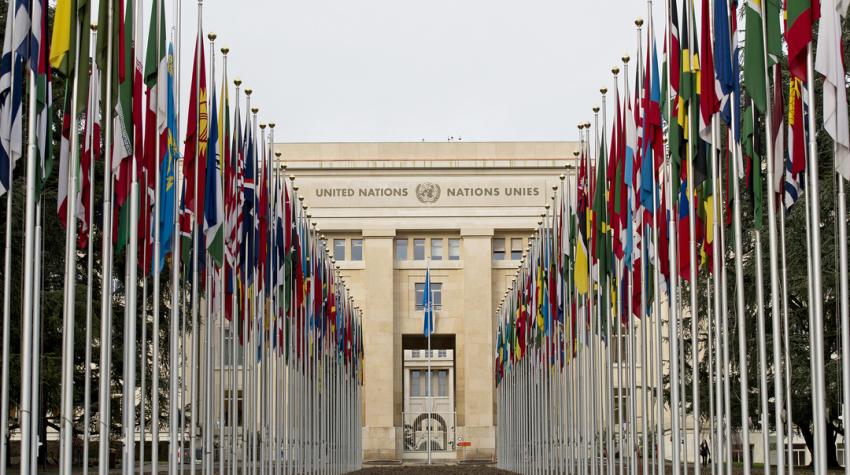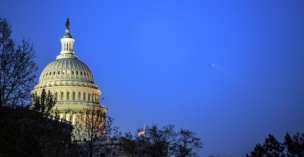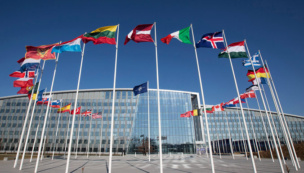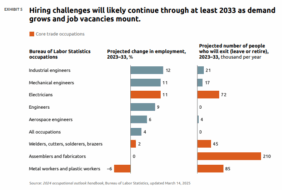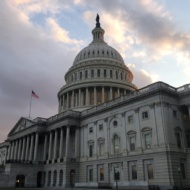Russia went toe to toe with the rest of the world on Monday at the UN General Assembly, where officials overwhelmingly condemned Moscow’s veto last month of a measure reaffirming that nuclear weapons would not be placed in orbit.
The meeting gave member nations an opportunity to present their views on the weaponization of space and, more specifically, to respond to Russia’s unilateral veto of a joint proposal from the US and Japan that was cosponsored by 65 nations. In a surprise to no one, Moscow’s position differed significantly from that of the rest of the world.
How we got here: News that Russia was developing some sort of nuclear device in orbit first broke in February. With headlines swirling, National Security Council spokesman John Kirby quickly addressed the threat from the White House podium, confirming that Russia was pursuing a “troubling” ASAT weapon, but that it posed “no immediate threat to anyone’s safety.”
We learned more last week, when outgoing DoD space policy chief John Plumb testified before Congress that the administration was “concerned about…Russia developing, if we are unable to convince them otherwise, [the ability] to ultimately fly a nuclear weapon in space.”
In response, the US and Japan drafted a UN Security Council resolution reaffirming the Outer Space Treaty’s ban on nuclear weapons in space. The resolution also went a step further, and would have banned the development of nuclear weapons or any weapons of mass destruction specifically intended to be put into orbit.
Russia vetoed the resolution on April 24. 13 members of the security council supported the measure, and China abstained.
The best defense: At Monday’s debate, Russian diplomat Vasily Alekseyevich Nebenzya said they had introduced a competing proposal that was “much more far-reaching” than the American plan—and argued that their amendment was roundly shot down because it’s actually the US and other Western governments that want to militarize space.
“Make no mistake: today, all the statements that you will hear from Western states about their interest in dialogue on maintaining space for peaceful purposes…are nothing more than hypocrisy and double standards,” the Russian official said.
After Nebenzya concluded his remarks, nation after nation took the mic to condemn Russia’s veto in no uncertain terms and clearly support a future in orbit free from nuclear weapons.
US Ambassador Robert Wood said the Russian proposal was only intended to divide members, not unite them.
“Make no mistake: This is a diplomatic facade that hides Russia’s true intentions,” he said. “Russia’s actions cast significant doubt as to whether it will uphold its existing legal obligations under the Outer Space Treaty and raise concerns about what this means for international peace and security.”
What’s at stake: Detonating a nuclear weapon in space would “render Low Earth Orbit unusable for a certain amount of time,” Mallory Stewart, the assistant secretary of state for arms control, deterrence, and stability, said Friday at a CSIS event. That could spell trouble for a range of industries from communications and agriculture to imaging and intelligence.
Still, while a nuclear detonation in space would be disastrous for LEO, Stewart was careful to point out it would not cause immediate terrestrial damage.
“This is not an active capability that has already been deployed. Although Russia’s pursuit of this capability is deeply troubling, there is no imminent threat,” she said. “We aren’t talking about a weapon that could be used to attack humans or cause structural damage on Earth.”
